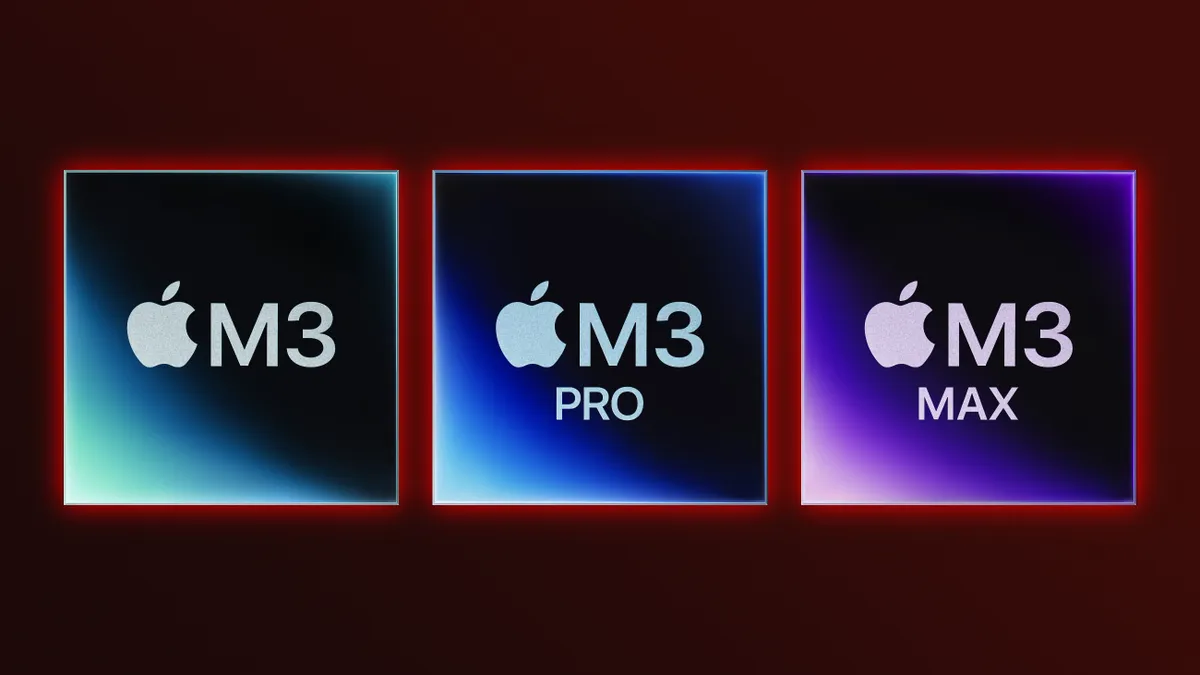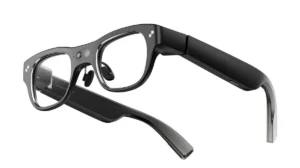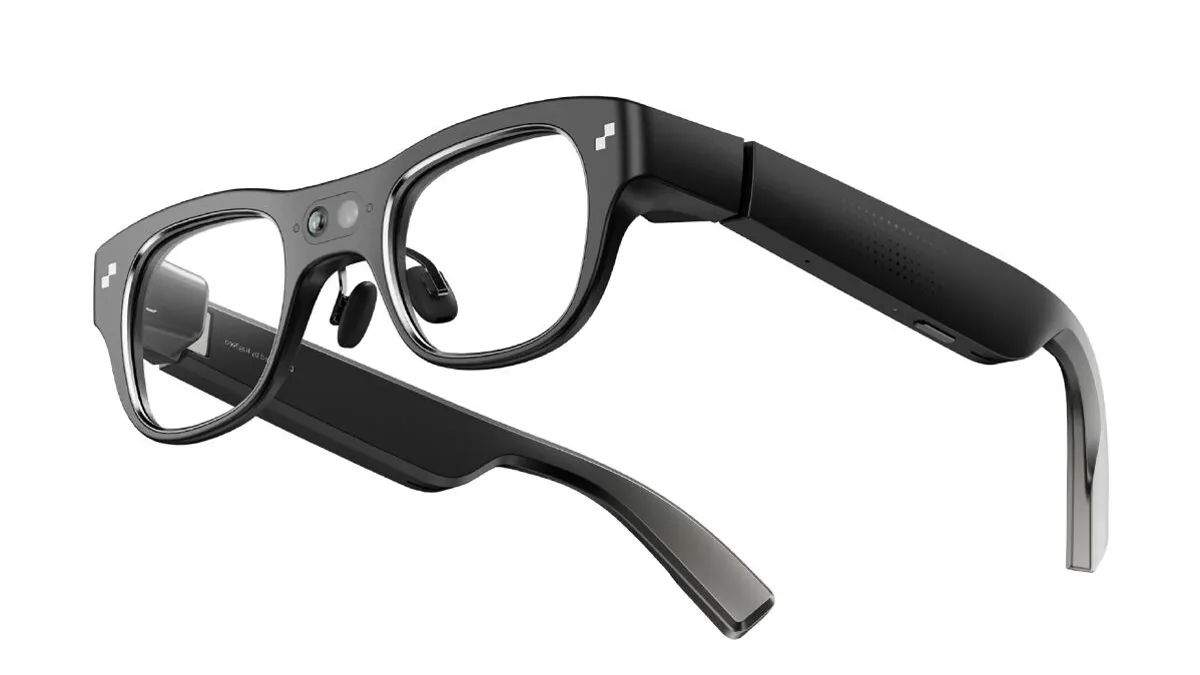In a bold move that challenges Apple’s dominance in mobile chip technology, Qualcomm has unveiled its latest processor lineup, codenamed “Oryon.” These new chips, slated for release in 2024, promise a significant performance leap, particularly in comparison to Apple’s recently announced M3.
Key Highlights:
- Qualcomm unveils new “Oryon” processors boasting significant performance gains.
- Single-threaded and multi-core CPU performance claimed to be 21% faster than Apple’s M3.
- Improved AI and graphics capabilities for flagship smartphones and laptops expected.
- Independent benchmarks and real-world testing awaited for definitive performance comparison.

Qualcomm makes ambitious claims, stating that the Oryon chip surpasses the M3 in both single-threaded and multi-core CPU performance by a remarkable 21%. This, if proven in independent benchmarks, could mark a major shift in the mobile processor landscape.
Performance Boost Across the Board:
Beyond raw CPU muscle, Qualcomm emphasizes improvements in artificial intelligence (AI) and graphics processing. The Oryon chips are equipped with a next-generation AI engine and enhanced graphics processing unit (GPU) architecture, aiming to deliver smoother performance for demanding tasks like mobile gaming and AI-powered applications.
The Impact on Consumers:
The arrival of the Oryon processors is expected to benefit consumers in several ways. Firstly, it could lead to a resurgence of Android flagship smartphones that rival the performance of iPhones. Secondly, it could fuel innovation in areas like augmented reality and machine learning, thanks to the chips’ advanced AI capabilities.
However, independent benchmarks and real-world testing are crucial before definitively asserting Oryon’s superiority over the M3. Apple’s processors have consistently pushed the boundaries of mobile performance, and the M3 is no exception. A close head-to-head comparison across various benchmarks and real-world applications will be necessary to determine the true champion.
Beyond Smartphones: Laptops in the Crosshairs?
Qualcomm also hinted at potentially bringing the Oryon architecture to the laptop market, potentially challenging Apple’s M1 and M2 chips that have garnered widespread acclaim for their power efficiency and performance. This move could further intensify the competition in the high-end laptop segment, offering consumers more diverse and potentially more affordable options.
Qualcomm’s Oryon processors mark a significant step forward in mobile chip technology. The claimed performance gains against Apple’s M3, if validated, could reshape the competitive landscape and benefit consumers with faster, more capable devices. However, definitive conclusions await independent testing and real-world usage comparisons. With Apple continuously pushing the envelope, the battle for mobile chip supremacy is far from over.


















